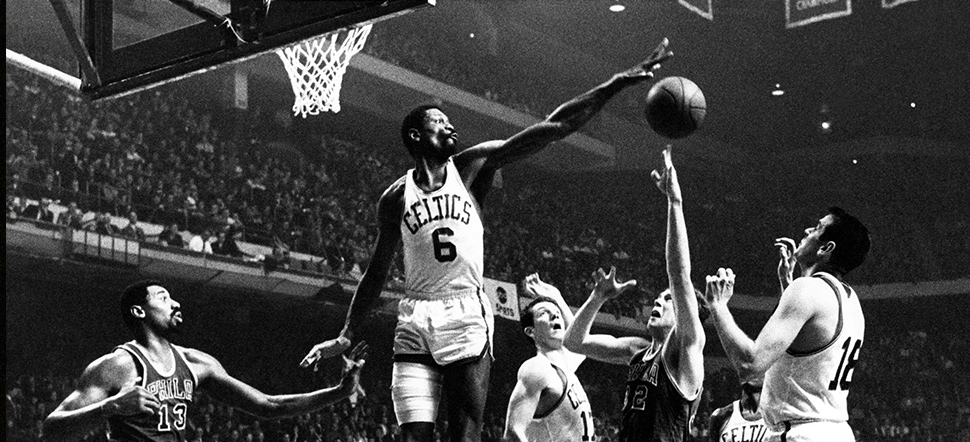
We take a final look at racial violence against black athletes, this includes not only the physical, but the mental and emotional toil of racism.

Boston, Massachusetts has often been cited as “the worst city” by African-american athletes for decades. The racism is notorious within the fan bases for every sport. The city’s legendary racial history was again given a new spotlight by the comments from Major League Baseball player Adam Jones. Other athletes chimed in to back up his accounts by sharing their experiences with The Washington Post this past May.

On Monday, May 1st, Baltimore Orioles center fielder Adam Jones said he was called the n-word several times by Boston Red Sox fans, who also hurled a bag of peanuts at him.
Afterward, he became the latest in a long stream of black athletes to speak out about racism they’ve experienced in the city.
“It’s different,’’ Jones said of the racial timbre toward black athletes, according to USA Today. “Very unfortunate. I heard there was 59 or 60 ejections tonight in the ballpark. … It’s unfortunate that people need to resort to those type of epithets to degrade another human being.”
Over the last 60 years, athletes from most of the major sports have commented on that difference — even all-time greats who played for Boston’s home teams. Here are some comments they have made about the racism they faced in the city over the years.
Bill Russell: an NBA champion who won 11 championships for the Boston Celtics in the fifties and sixties, called the city “a flea market of racism,’’ in his 1979 memoir, according to the Boston Globe.

“It had all varieties, old and new, and in their most virulent form. The city had corrupt, city hall-crony racists, brick-throwing, send-’em-back-to-Africa racists, and in the university areas phony radical-chic racists … Other than that, I liked the city.’’
Jackie Robinson and Willie Mays: Both passed over by the Red Sox as other major league teams integrated. Boston’s baseball team was accused by the NAACP of having an anti-Negro policy. The dislike was apparently mutual. Sportswriter Howard Bryant, in his 2002 book “Shut Out: A Story of Race and Baseball in Boston,” said many black baseball players required clauses in their contracts that guaranteed they wouldn’t be traded to Boston, according to Time Magazine.
And it wasn’t just players that played before the Civil Rights era. David Justice, Gary Sheffield and Dave Winfield asked for similar clauses.
In April, 1959, the Red Sox signed Elijah “Pumpsie” Green to their Minneapolis Triple-A farm club, becoming the last team in the league to field a black player.
K.C. Jones: The Celtics Hall of Famer played for the team in the sixties and was a championship-winning coach in the 1980s, told Boston Magazine about animosity he received as he was buying a house.
“We were living in Framingham when I was a player. I went to buy a house about five blocks away …. The neighbors said they didn’t want any blacks to move into the house.”
Dee Brown: The high-flying guard had a similar rude awakening after the Celtics drafted him in the first round in 1990 and he was closing in on a house in Wellesley, an affluent suburb.
Brown and his fiancee were surrounded by nine police officers — five with guns drawn — who ordered the couple to lie facedown on the pavement, according to the New York Times. The officers were looking for a black man who had apparently robbed a nearby bank.
A short time later, Brown filed a lawsuit — and announced that he would not be moving to Wellesley.
CC Sabathia: He told ESPN that he and other black major leaguers expect racist taunts at Fenway Park.
“I’ve never been called the n-word” anywhere but in Boston, he told the news organization. “Even shagging in the outfield before the game sometimes you get it.”
Tommy Harper: The Red Sox player in the 1970s and later a coach complained about the team segregating spring training meals and the racial slurs he heard from fans and people who were part of the Red Sox organization.
“They called it Red Sox Nation,’’ Harper once told Newsweek, “but it was never my nation.’’

